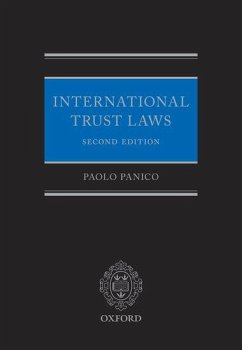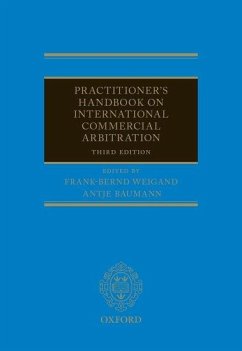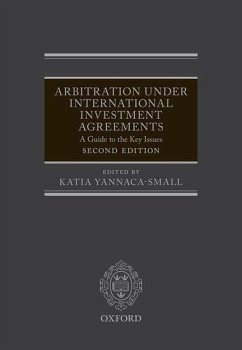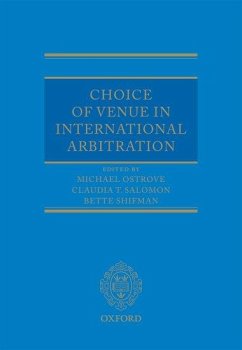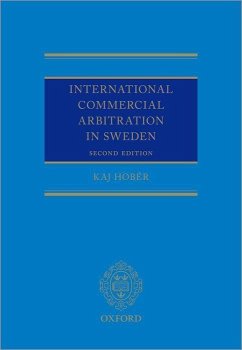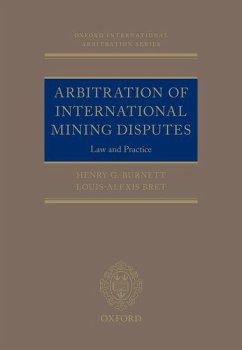
Ethics in International Arbitration

PAYBACK Punkte
111 °P sammeln!
Although international arbitration is a remarkably resilient institution, many unresolved and largely unacknowledged ethical quandaries lurk below the surface. With the expansion of world trade, the pool of parties, counsel, experts and arbitrators has become more numerous and more diverse, such that informal social controls are no longer a sufficient substitute for formal ethical regulation. At the same time, the international arbitration system has veered sharply toward more formal and transparent procedures, meaning that ethical transgressions are bound to become more evident and less tolerable. Despite these clear signals, regulation of various actors in the system-arbitrators, lawyers, experts and arbitral institutions-has not evolved to keep apace of these needs. Ethics in International Arbitration provides a framework for developing much needed formal ethical rules and a reliable enforcement regime in the international arbitration system. Catherine Rogers accomplishes this goal in three parts. The first Part analyzes the underlying problems caused by the current lack of regulation and reveal how these problems affect modern international arbitration practice.The Second Part proposes a theoretical framework for resolving these conflicts so effective ethical rules can be developed to guide and regulate various participants' conduct, and the third part proposes integrated mechanisms for enforcing ethical rules.
International arbitration is a remarkably resilient institution, but many unresolved and largely unacknowledged ethical quandaries lurk below the surface. Globalisation of commercial trade has increased the number and diversity of parties, counsel, experts and arbitrators, which has in turn lead to more frequent ethical conflicts just as procedures have become more formal and transparent. The predictable result is that ethical transgressions are increasingly evident and less tolerable. Despite these developments, regulation of various actors in the systemarbitrators, lawyers, experts, third-party funders and arbitral institutionsremains ambiguous and often ineffectual. Ethics in International Arbitration systematically analyses the causes and effects of these developments as they relate to the professional conduct of arbitrators, counsel, experts, and third-party funders in international commercial and investment arbitration. This work proposes a model for effective ethical self-regulation, meaning regulation of professional conduct at an international level and within existing arbitral procedures and structures. The work draws on historical developments and current trends to propose analytical frameworks for addressing existing problems and reifying the legitimacy of international arbitration into the future.




